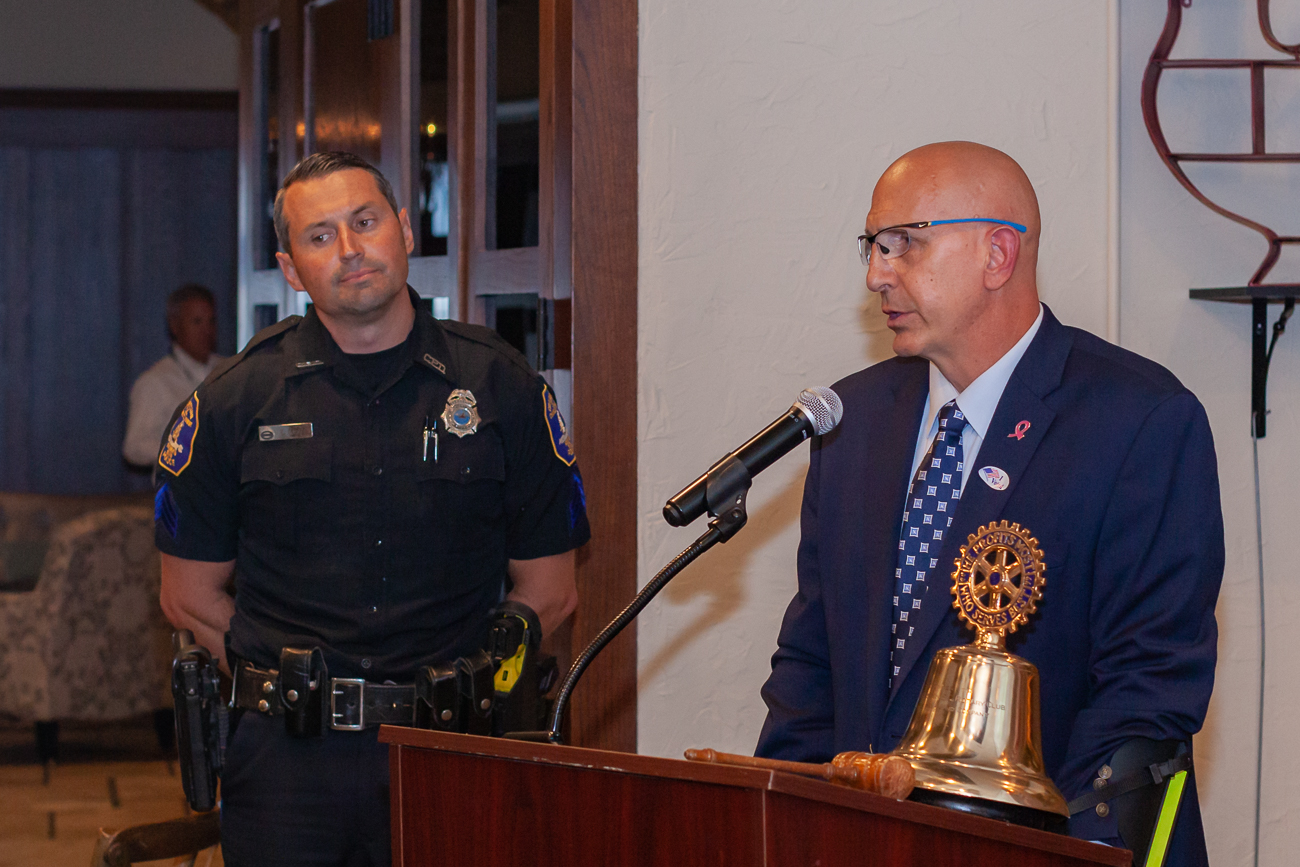Expand Your Mind with ACLU
February 9, 2010: Andy Brack introduced our speaker, Victoria Middleton from the ACLU. Andy mentioned that she was working on such issues at requiring all voters to have a photo ID to present at a voting station prior to their being able to cast a vote. The ACLU is very opposed to this.
Victoria began by asking the question: What does the ACLU stand for? Her response was that it stood for conserving principles underlying our democracy. She said that they want to expand a lively debate in SC. She spent 20 years overseas. She told the story about when she returned from serving in Finland and took her family on a tour of Washington, DC. While at the National Archives she saw the Declaration of Independence and noted what a strong and vital document it is.
She spoke of the rights of individuals, their speech, religion, and other freedoms. She spoke about the ACLU”s desire to maintain the rights of minorities of all kinds … they defend issues or minorities such as: the Ku Klux Clan, Nazi’s, Rush Limbaugh, Ollie North, and the Roman Catholic Church. They defend rights that are really important to all individuals.
The ACLU began defending conscientious objectors in WWII. On war and terror, they defend Habeas Corpus (can’t indefinitely hold a suspect without charging them of a criminal offence). She cited many, many cases over the years that they have defended.
1987: ACLU vs. Rotary, re: inclusion of women in the club.
1993: Helping Shannon Faulkner in her attempt to become the first female cadet at the Citadel.
Currently, they are looking into the over-incarcerations of criminals (too many criminals for minimal crimes such as drug charges that she said should NOT require jail time). She said that too many children (under 17) are being sent to juvenile detention. She said that the ACLU is attempting to keep outside intruders from entering schools. She’s concerned about the right to privacy in our state and the government’s ability to store our personal data.
She told the story about her conversation with a 97 year old member of the ACLU, a former corporate counsel for TWA, asking him what his priorities were. He stated that there were two. 1. The First Amendment; 2. Women’s reproductive freedom which he saw as an individual freedom that should not be taken away.
Local issue: Discrimination on race or sexual orientation for employment.
The question was asked: How does the ACLU decide to take a specific case? She cited several steps they take ranging from equality issues to privacy issues to personal freedom.
Submitted by Bill Christian, Keyway Committee


